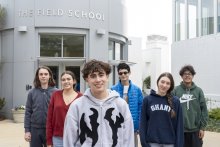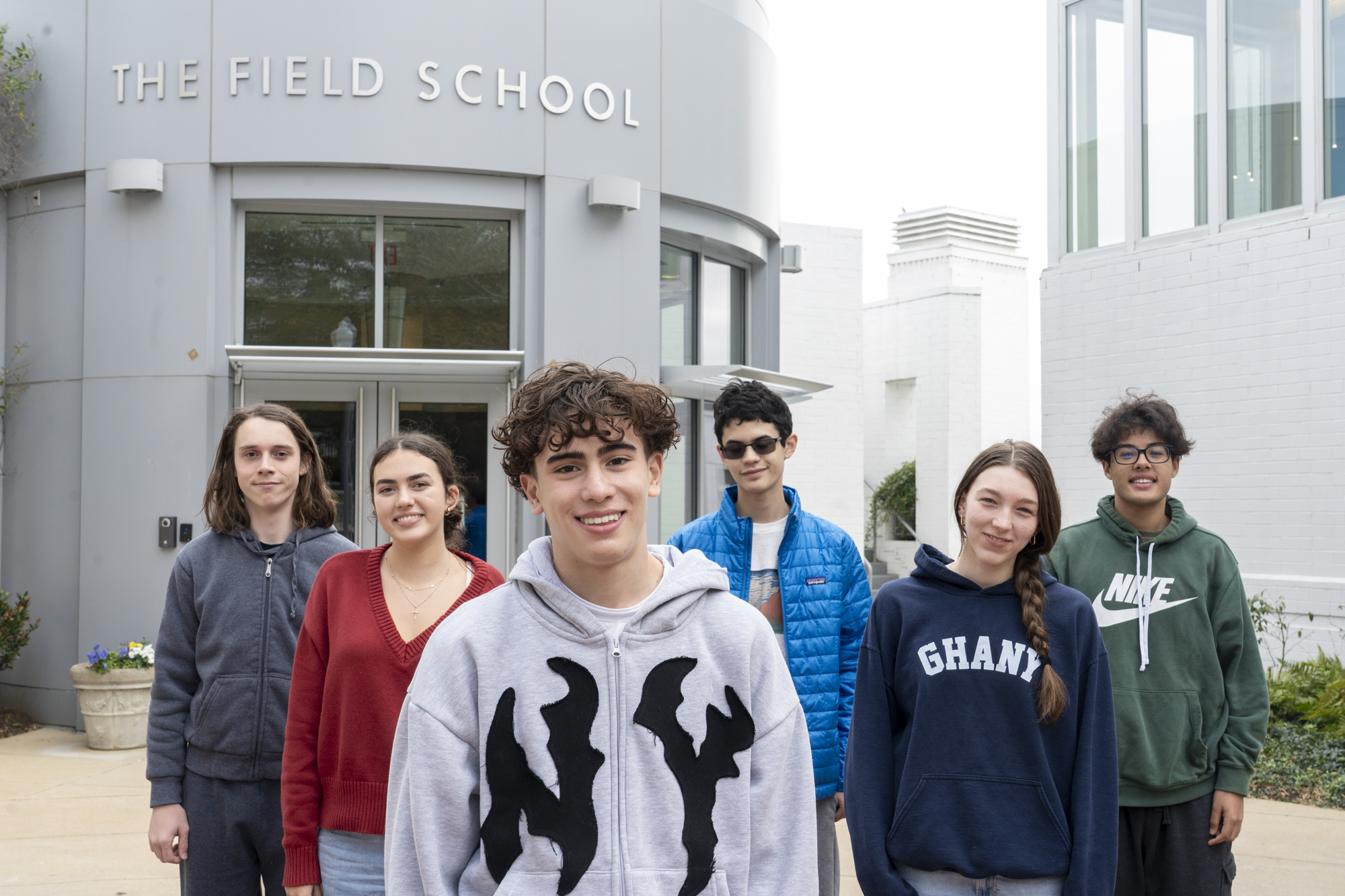
Written by Upper School Director Page Stites
Last spring, I met with small groups of soon-to-graduate seniors to ask them about their experiences using AI in an academic setting. They shared many helpful perspectives with me and introduced me to new ways of thinking about how AI could be a useful tool for students who are motivated to learn. Many had developed strategies for helping with organization, time management, quizzing themselves to test the boundaries of their own knowledge, and reviewing and summarizing their notes from classes.
In my experience, educators often focus exclusively on the use of AI by students to complete their homework or in other ways that circumvent their learning. Using AI for these purposes is certainly a temptation for students and, unfortunately, a prevalent use in schools everywhere. What these seniors shared with me, however, was that they are experimenting with more positive uses of AI and that they want help from the trusted adults in their lives to learn more about how to use it constructively.
MIT associate professor of digital media Justin Reich writes that “AI is not invited into schools through a process of adoption, like buying a desktop computer or smartboard — it crashes the party and then starts rearranging the furniture.” Through his research, Reich has interviewed educators extensively about AI, and concludes that “one widespread refrain is ‘don’t make us go it alone.’”
Based on my own conversations with Field seniors, I would apply the same language to summarize how students are feeling.
These insights led me to bring students to the table to dive more deeply into what they think is the appropriate role of AI in their academic lives. This fall, we solicited applications for an “AI Working Group.” The topic touched a nerve with our students, and the response was overwhelmingly positive. We received almost 30 applications, each of which was incredibly thoughtful. Here is what some of them had to say:
“...I believe that the key is to find balance, but also to keep an open mind. AI isn't an isolated issue of ‘rotting the minds of the youth,’ or ‘denying world-changing potential.’ AI is a re-creation, a replica of our human mind; and this is how it must be approached. Both share the trait of constant change and unpredictability, and without this open mind, we will fail in finding this balance, one that will lead to the best possible educational journey for the students who are the future of this ever-changing world.” (Ben ’28)
“I think AI in schools should be used as a study tool, a way to answer more specific questions, and to narrow down ideas and topics for various things. This way, it is a learning tool and can help students without taking away their ability to do hard work. I think it's important to create a notion of AI as not being the easy way out, but actually an easier way to work hard.” (William ’27)
“We should prioritize learning about AI because it’s going to be a part of our world one way or another. So it’s better to learn about it now to be prepared. We should have clear expectations and boundaries for how we use AI because misunderstandings between a teacher and student could happen if we don’t talk about it. Some rules that I would enforce would be that you have to very clearly state when you use AI, and you are only allowed to use it when a teacher explicitly says so. In addition, we should have times during the school year where we can experiment with AI on our own…if we are allowed to sometimes experiment with AI, it takes away the feeling of something we're ‘not allowed to do’ and shows the students that AI is just a…tool.” (Alexa ’29)
The Working Group is now preparing to attend a national conference in early December titled “From Classrooms to Careers: How AI is Shaping Our Paths.” We're helping them reflect on their own AI use, their values around technology, and their hopes and concerns about this rapidly evolving tool. They're also practicing deliberation skills—taking multiple perspectives, exploring complex scenarios, and learning to facilitate meaningful conversations they can bring back to our community.
For the benefit of our students and our faculty, we hope that this work will inform our necessarily evolving stance towards this party-crashing technology. I’ll share more about the conference and the AI Working Group’s work in a follow-up post in early 2026.
At Field, we believe that being student-centered includes being willing to bring students to the table to engage in important questions about topics that impact their lives. It’s our job to help prepare our students to live in the world they’re going to live in, and it’s clear that AI is not only “crashing the party” but that it’s also here to stay. Many schools define the rigor of their program by external measures, like how many AP classes they offer or how much homework students get, but what could be more rigorous for students than grappling with real issues that have real implications for their futures?
